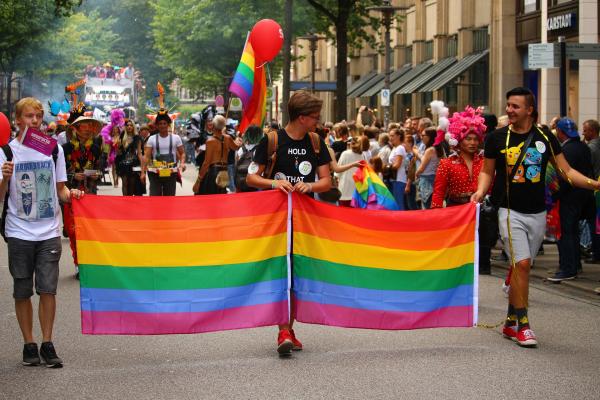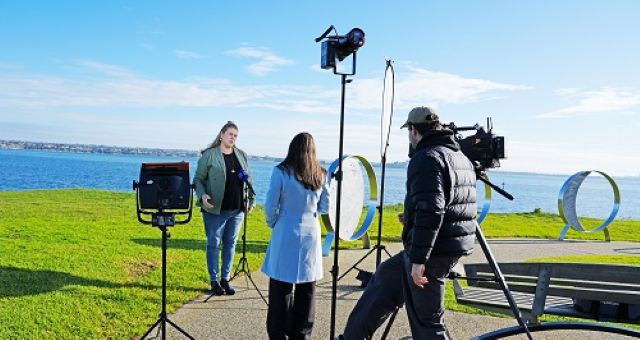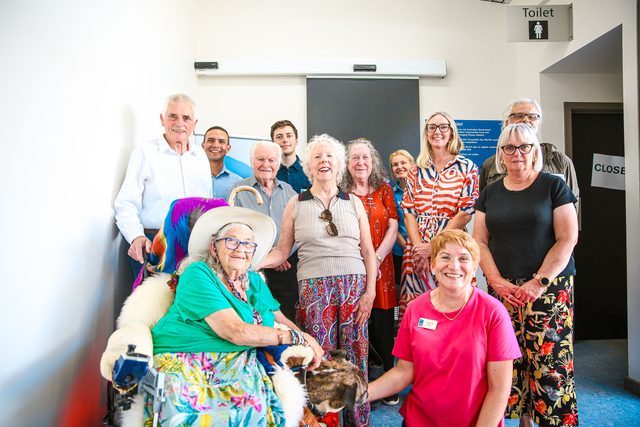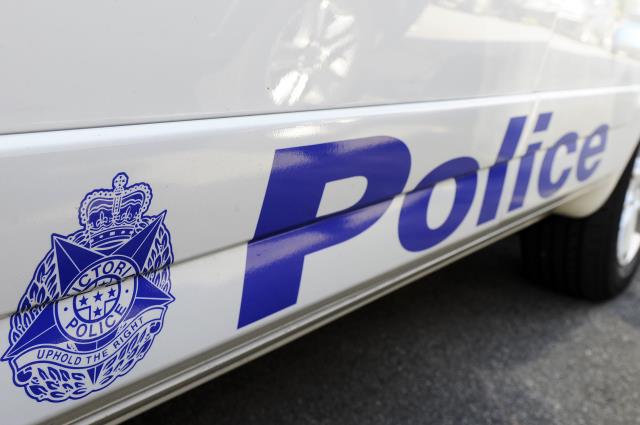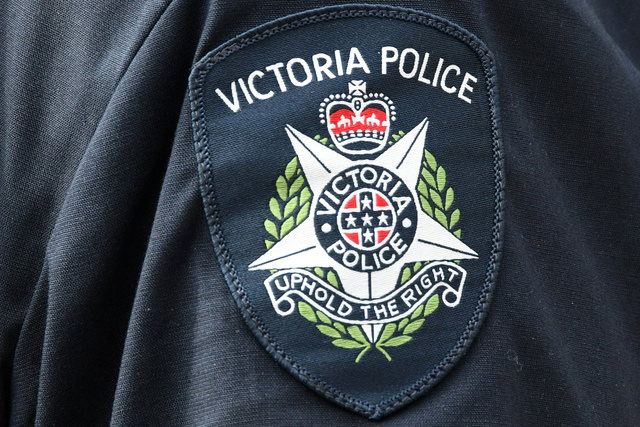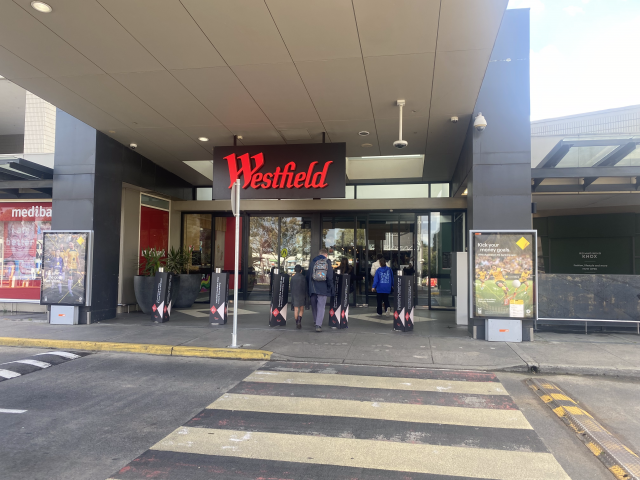A new report highlighting the stories and history of LGBTIQ+ movements in Victoria will soon form part of Victoria’s heritage system as a piece of history for future generations to look back on.
As a part of the State Government’s work to champion LGBTIQ+ Victorians, the Australian Queer Archives in partnership with Heritage Victoria recently launched A History of LGBTIQ Victoria in 100 Places and Objects – a study of queer people, places, objects and stories that have shaped our state.
The report, the first of its kind in Australia, coincides with the 40th anniversary of decriminalising sex between men in Victoria in 1981.
Looking back as far as the 1840s, the report reflects the experiences of LGBTIQ+ communities and their histories, examining the lived reality of these communities, and reveals the hidden histories of political activism, social life, “treatment”, punishment, entertainment, and health.
The Australian Queer Archives and Heritage Victoria worked with the State Library of Victoria, Museums Victoria and the National Gallery of Victoria and received over 150 submissions from LGBTIQ+ and heritage communities to shape to the report.
The report investigates iconic queer places around Victoria likeVal’s Coffee Lounge on Swanston Street, the AIDS Memorial Garden in Fairfield and the Coriyule Homestead near Geelong — home to “lady squatters” Anne Drysdale and Caroline Newcomb in the 1840s.
The work of uncovering surviving documentary and built heritage of LGBTIQ+ Victoria has been a challenging one. Before 1981, keeping records of a “criminal” relationship increased the risk of prosecution, discrimination and social ostracism leaving so much of this history hidden, obscured or lost.
This report is a big step towards incorporating LGBTIQ+ social history into Victoria’s heritage system and will be a valuable reference point for future management of heritage places and objects with queer histories.
Minister for Planning Richard Wynne said “queer histories have been kept invisible from our shared heritage for too long. It’s so important to hear these voices and recognise this part of Victoria’s history.”
Local communities will also be able to use the report to apply for heritage listings and as the basis for local history projects like history walks, commemorative plaques and art works.
Minister for Equality Martin Foley said “lesbian, gay, bisexual, trans and gender diverse, intersex and queer communities are, and always have been, an integral part of Victorian social, political, and cultural life and this report shows how deep that legacy runs.”

